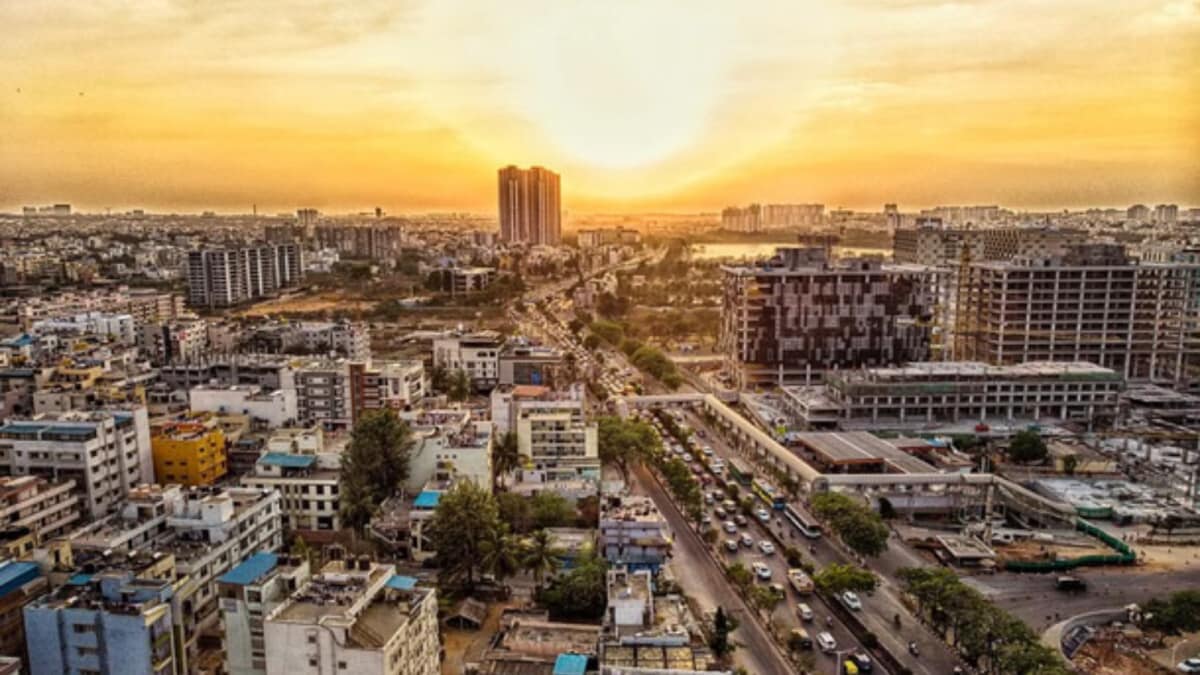Politics
Israel attacks Hamas leadership gathered in Doha; several explosions reported
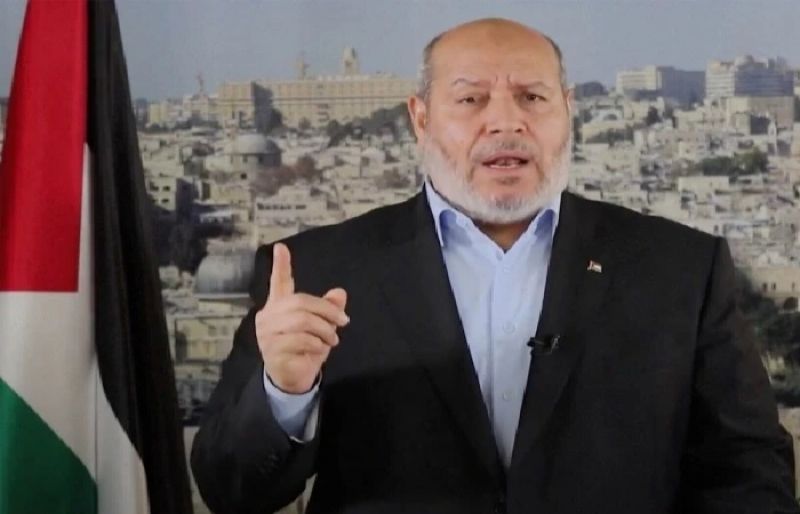

The Israeli military said it targeted senior Hamas leaders on Tuesday, after AFP journalists in Doha reported explosions and smoke rising above the Qatari capital, where the Palestinian group’s political bureau is based.
“The IDF (Israeli military) and ISA (security agency) conducted a precise strike targeting the senior leadership of the Hamas terrorist organisation,” the military said, without specifying where the strike took place.
Qatari Foreign Ministry spokesperson Majed al-Ansari slammed the attack, saying: “The State of Qatar strongly condemns the cowardly Israeli attack that targeted residential buildings housing several members of the Political Bureau of Hamas in the Qatari capital, Doha. This criminal assault constitutes a blatant violation of all international laws and norms, and poses a serious threat to the security and safety of Qataris and residents in Qatar.”
He said the security forces, civil defence and relevant authorities immediately began addressing the incident and taking necessary measures to contain its repercussions and ensure the safety of the residents and surrounding areas.
“While the State of Qatar strongly condemns this assault, it confirms that it will not tolerate this reckless Israeli behaviour and the ongoing disruption of regional security, nor any act that targets its security and sovereignty. Investigations are underway at the highest level, and further details will be announced as soon as they are available,” the spokesperson said.
A senior Hamas source told Al Jazeera that leaders of the group were targeted while discussing United States President Donald Trump’s proposal for a ceasefire in Gaza.
Israel media, citing a senior Israeli official, said the attack was aimed at top Hamas leaders, including Khalil al-Hayya, its Gaza chief.
Smoke was seen rising over the Katara District in the capital, an eyewitness said.
Trump said on Sunday he was issuing a “last warning” to Hamas, saying the Palestinian group must accept a deal to release Israeli prisoners.
“The Israelis have accepted my terms. It is time for Hamas to accept as well. I have warned Hamas about the consequences of not accepting. This is my last warning,” he had said on social media.
“We had some very good discussions. Good things could happen,” he told reporters. “I think we’re going to have a deal on Gaza very soon.”
In response to Trump’s comments, Hamas had said it was ready to “immediately sit at the negotiating table” following “some ideas received from the American side aimed at reaching a ceasefire agreement”.
In exchange for a truce, Hamas said it wanted “a clear declaration of the end of the war, a full withdrawal from the Gaza Strip, and the formation of a committee of independent Palestinians to manage the Gaza Strip, which would begin its duties immediately”.
Hamas had agreed last month to a ceasefire proposal that involved a 60-day truce and staggered prisoner releases.
Israel, however, has demanded that Hamas release all the prisoners at once, disarm itself and relinquish control of Gaza, among other conditions.
Politics
Saudi Arabia says national security is red line as UAE forces asked to leave Yemen
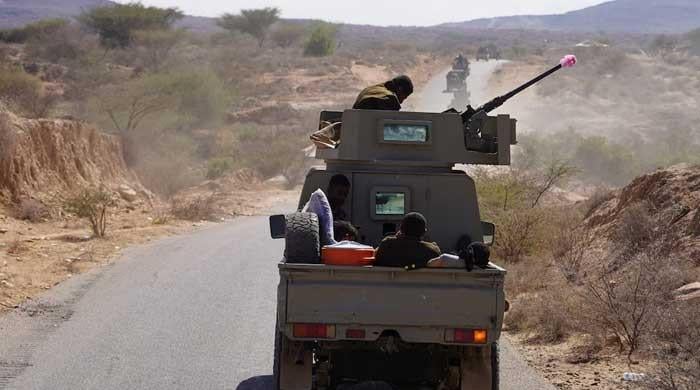
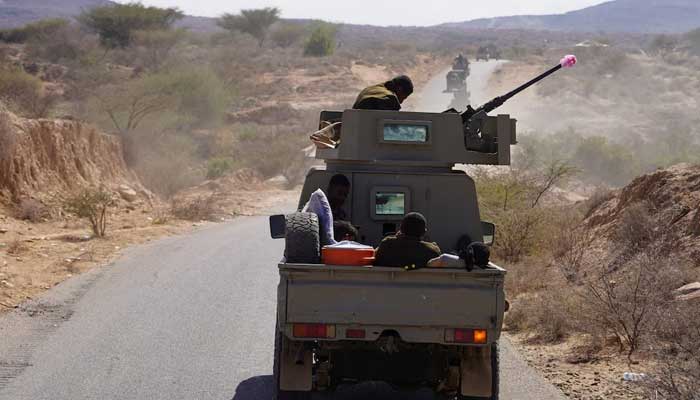
- Saudi-led coalition strikes southern Yemeni port of Mukalla.
- UAE-backed STC to undermine state: Yemen’s presidential council.
- KSA urges UAE to comply with Yemen’s demand to leave country.
Saudi Arabia said on Tuesday its national security was a red line and backed a call for UAE forces to leave Yemen within 24 hours, hours after a Saudi-led coalition carried out an airstrike on the southern Yemeni port of Mukalla.
The warning comes as the coalition struck what it described as foreign military support to UAE-backed southern separatists, and the head of Yemen’s Saudi-backed presidential council set the deadline for Emirati forces to leave.
Yemen’s presidential council head, Rashad al-Alimi, also cancelled a defence pact with the UAE, the Yemeni state news agency said, and complained of UAE’s support for the Southern Transitional Council (STC).
“Unfortunately, it has been definitively confirmed that the UAE pressured and directed the STC to undermine and rebel against the authority of the state through military escalation,” he added.
Saudi Arabia urged the Emiratis to comply with the demand. The UAE’s foreign ministry did not immediately respond to a request for comment.
Yemen offensive
The UAE was a member of the Saudi-led coalition battling the Iran-aligned Houthi movement in Yemen from 2015. In 2019 it started a drawdown of its troops in the country but remained committed to the Saudi-backed internationally recognised government.
The STC later decided to seek self-rule in the south and this month advanced in a sudden offensive against Saudi-supported Yemeni government troops.
The advance broke years of stalemate, with the STC claiming broad control of the south. Saudi Arabia had warned the STC against military moves in the eastern border province of Hadramout and sought the withdrawal of its forces.
The STC dismissed the Saudi call.
The limited airstrike followed the weekend arrival of two ships from the UAE port of Fujairah on Saturday and Sunday without its authorisation, the coalition said.
After arriving in Mukalla, the vessels disabled their tracking systems and unloaded large quantities of weapons and combat vehicles to support the STC, it added.
No casualties in strike
The coalition said the Mukalla port strike caused no casualties or collateral damage, according to Saudi state media.
Two sources told Reuters that the strike targeted the dock where the cargo of the two ships was unloaded.
Footage on Yemen’s state TV showed what it said was black smoke rising from the port in the early morning after the strike, with burned vehicles at the port.
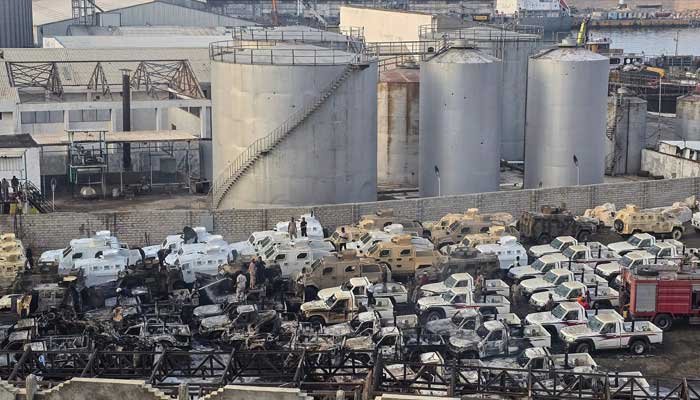
UAE-backed forces control large swathes of land in the south including the strategically key province of Hadramout.
Yemeni presidential council head Alimi imposed a no-fly zone, and a sea and ground blockade on all ports and crossings for 72 hours, except for exemptions authorised by the coalition.
Hadramout borders Saudi Arabia and has cultural and historical ties with it. Many prominent Saudis trace their origins to the area.
Since 2022 the STC has been part of an alliance that controls southern areas outside Houthi control, under a Saudi-backed power-sharing initiative.
The Houthis control the northern region, including Sanaa, the capital.
“We will continue to prevent any military support from any country to any Yemeni faction without coordination with the legitimate government,” the coalition added.
Politics
Iran president tells govt listen to protesters ‘legitimate demands’
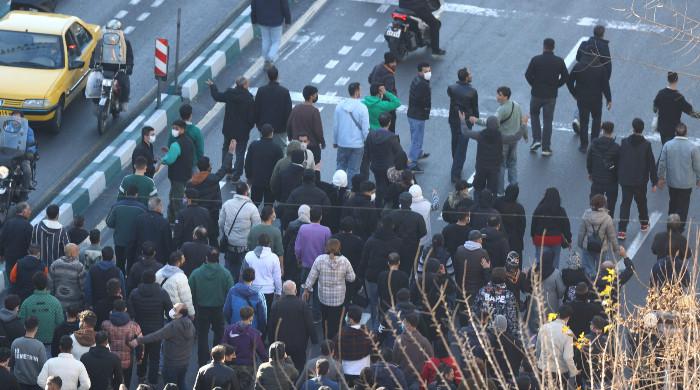
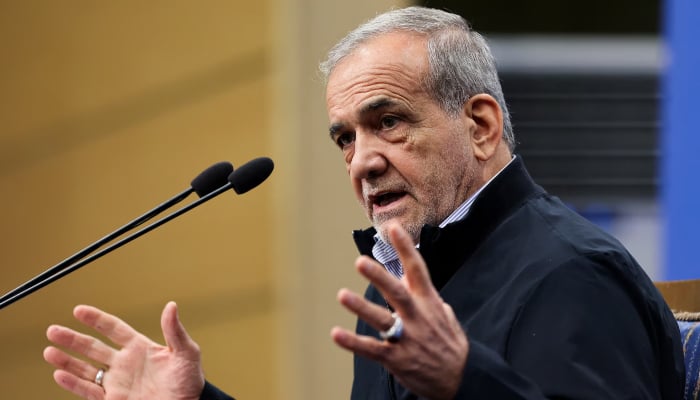
- Tehran shopkeepers keep stores shut amid currency plunge.
- Protesters demand intervention on exchange-rate volatility.
- Central bank governor replaced as crisis deepens.
TEHRAN: Iran’s president urged his government to listen to the “legitimate demands” of protesters, state media reported on Tuesday, after several days of demonstrations by shopkeepers in Tehran over economic hardships.
Shopkeepers in the capital had shut their stores for the second day in a row on Monday, after Iran’s embattled currency hit new lows on the unofficial market.
The US dollar was trading at around 1.42 million rials on Sunday — compared to 820,000 rials a year ago — and the euro nearing 1.7 million rials, according to price monitoring websites.
“I have asked the interior minister to listen to the legitimate demands of the protesters by engaging in dialogue with their representatives so that the government can do everything in its power to resolve the problems and act responsibly,” President Masoud Pezeshkian said, according to the state-run IRNA news agency.
Protesters “are demanding immediate government intervention to rein in exchange-rate fluctuations and set out a clear economic strategy”, the pro-labour news agency ILNA reported Monday.
Price fluctuations are paralysing the sales of some imported goods, with both sellers and buyers preferring to postpone transactions until the outlook becomes clearer, AFP correspondents noted.
“Continuing to do business under these conditions has become impossible,” ILNA quoted protesters as saying.
The conservative-aligned Fars news agency released images showing a crowd of demonstrators occupying a major thoroughfare in central Tehran, known for its many shops.
Another photograph appeared to show tear gas being used to disperse protesters.
“Minor physical clashes were reported… between some protesters and the security forces,” Fars said, warning that such gatherings could lead to instability.
Battered economy
Iranian Chief Justice Gholamhossein Mohseni Ejei called for “the swift punishment of those responsible for currency fluctuations”, the justice ministry’s Mizan agency reported Monday.
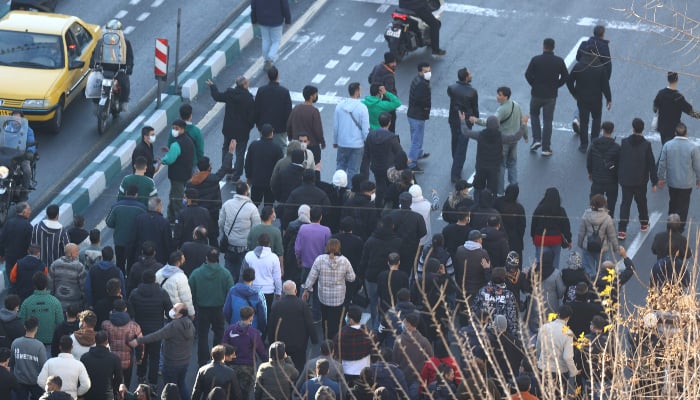
The government has also announced the replacement of the central bank governor.
“By decision of the president, Abdolnasser Hemmati will be appointed governor of the Central Bank,” presidency communications official Mehdi Tabatabaei posted on X.
Hemmati is a former economy and finance minister who was dismissed by parliament in March because of the sharp depreciation of the rial.
Pezeshkian delivered on Sunday the budget for the next Persian year to parliament, vowing to fight inflation and the high cost of living.
In December, inflation stood at 52% year-on-year, according to official statistics. But this figure still falls far short of many price increases, especially for basic necessities.
The country’s economy, already battered by decades of Western sanctions, was further strained after the United Nations in late September reinstated international sanctions linked to the country’s nuclear programme that were lifted 10 years ago.
Western powers and Israel accuse Iran of seeking to acquire nuclear weapons, a charge Tehran denies.
Politics
World’s largest accounting body to scrap online exams as AI fuels cheating fears


The world’s largest accounting body is pulling back from online examinations, citing growing concerns that advances in artificial intelligence have made remote assessments too easy to exploit, The Guardian reported.
The Association of Chartered Certified Accountants (ACCA) said students will largely be required to sit exams in person from March, bringing to an end a practice introduced during the Covid pandemic. Remote exams will only be permitted in limited and exceptional cases.
The decision follows what the ACCA describes as an escalating challenge in maintaining exam integrity. According to its chief executive, Helen Brand, the methods used to cheat have become increasingly sophisticated, overtaking the effectiveness of existing monitoring systems.
Online testing was originally adopted to ensure continuity during lockdowns, allowing students to progress towards qualification when exam centres were closed. Since then, however, regulators and professional bodies have raised repeated warnings about misconduct in high-stakes professional exams.
In 2022, the Financial Reporting Council, the UK’s audit and accounting watchdog, described cheating as an active concern across major firms, including top-tier auditors such as the Big Four. That year also saw EY fined $100m (£74m) by US regulators after employees were found to have cheated on ethics exams and the firm was accused of misleading investigators.
The ACCA, which has nearly 260,000 members globally, said it has invested significant effort in tackling dishonest behaviour but acknowledged that those intent on cheating are adapting rapidly, driven in part by easy access to AI tools.
Other professional bodies have reported similar pressures. The Institute of Chartered Accountants in England and Wales said last year that reports of cheating continued to rise, although it still allows some exams to be taken online.
Brand said the wider trend across professional qualifications is clear, with fewer high-stakes exams relying on remote invigilation as concerns about credibility and trust grow.
-

 Sports4 days ago
Sports4 days agoBrooks Koepka should face penalty if he rejoins PGA Tour, golf pundit says
-

 Sports1 week ago
Sports1 week agoPatriots vs. Ravens (Dec 21, 2025) Live Score – ESPN
-

 Business4 days ago
Business4 days agoGovt registers 144olive startups | The Express Tribune
-
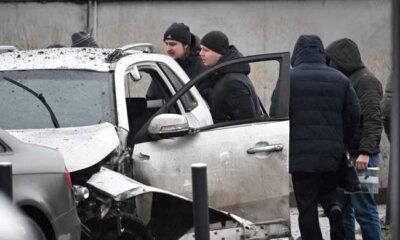
 Politics1 week ago
Politics1 week agoMoscow car blast kills Russian general hours after US talks
-
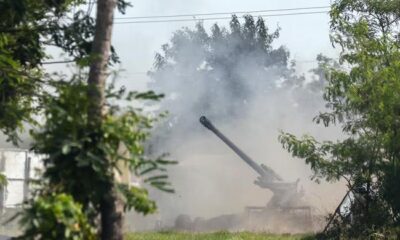
 Politics3 days ago
Politics3 days agoThailand, Cambodia agree to ‘immediate’ ceasefire: joint statement
-
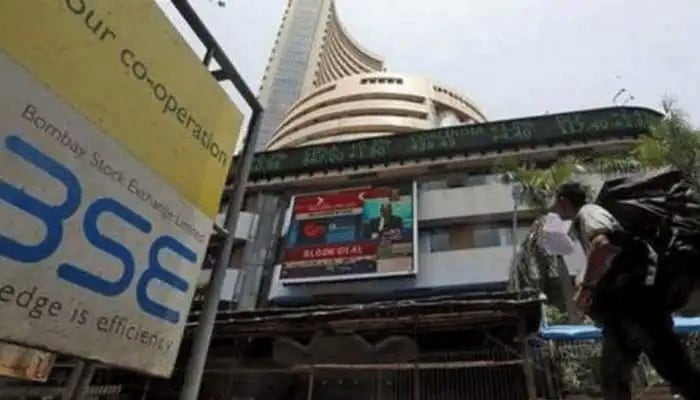
 Business1 week ago
Business1 week agoNeptune Logitek Shares List At 26% Discount, IPO Investors Suffer Nearly Rs 30,000 Losses
-

 Entertainment1 week ago
Entertainment1 week agoTimothée Chalamet in question for ‘Marty Supreme’ press tour attitude
-
Sports1 week ago
NFL expected to review incident between DK Metcalf and fan in Detroit





